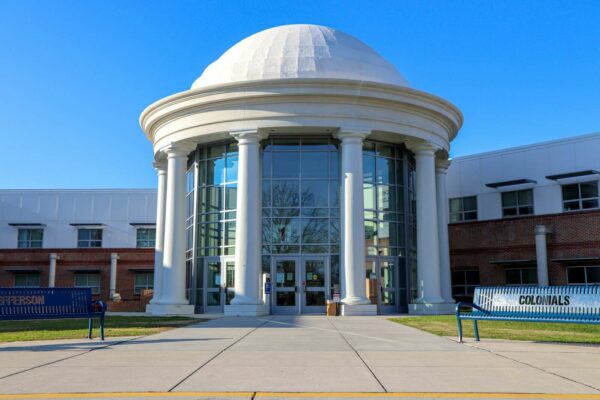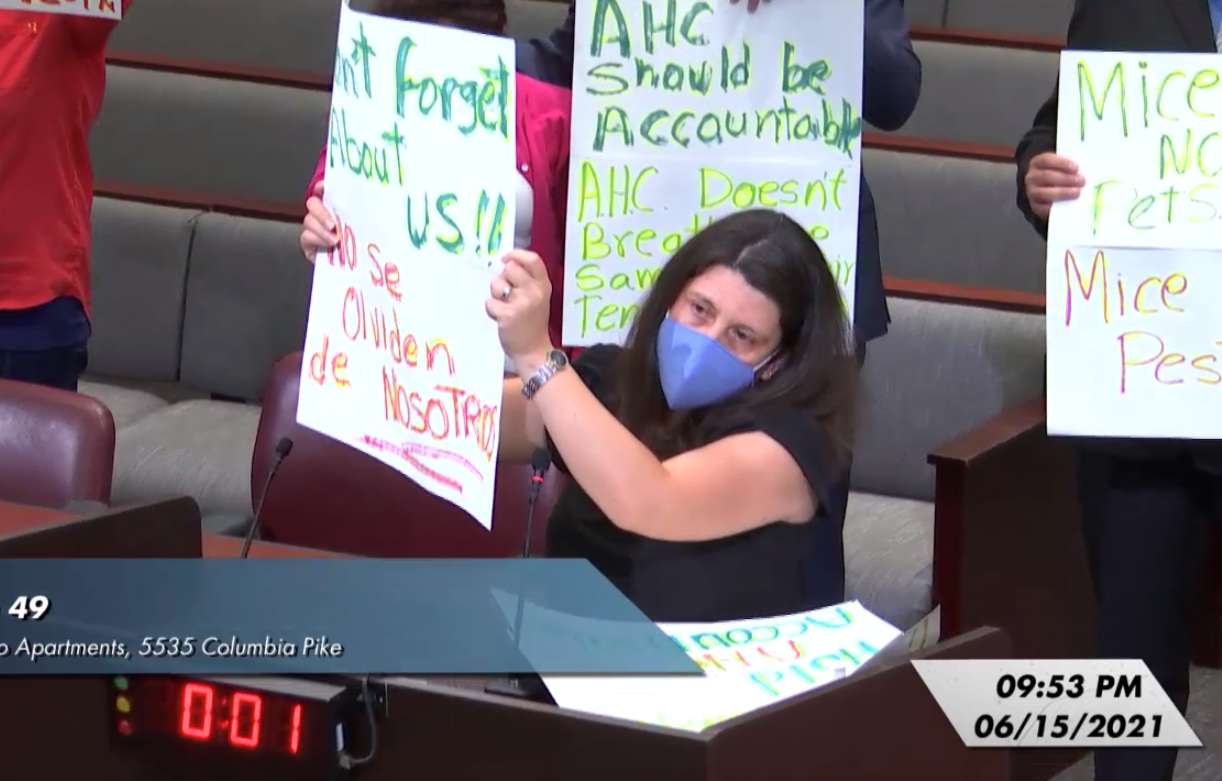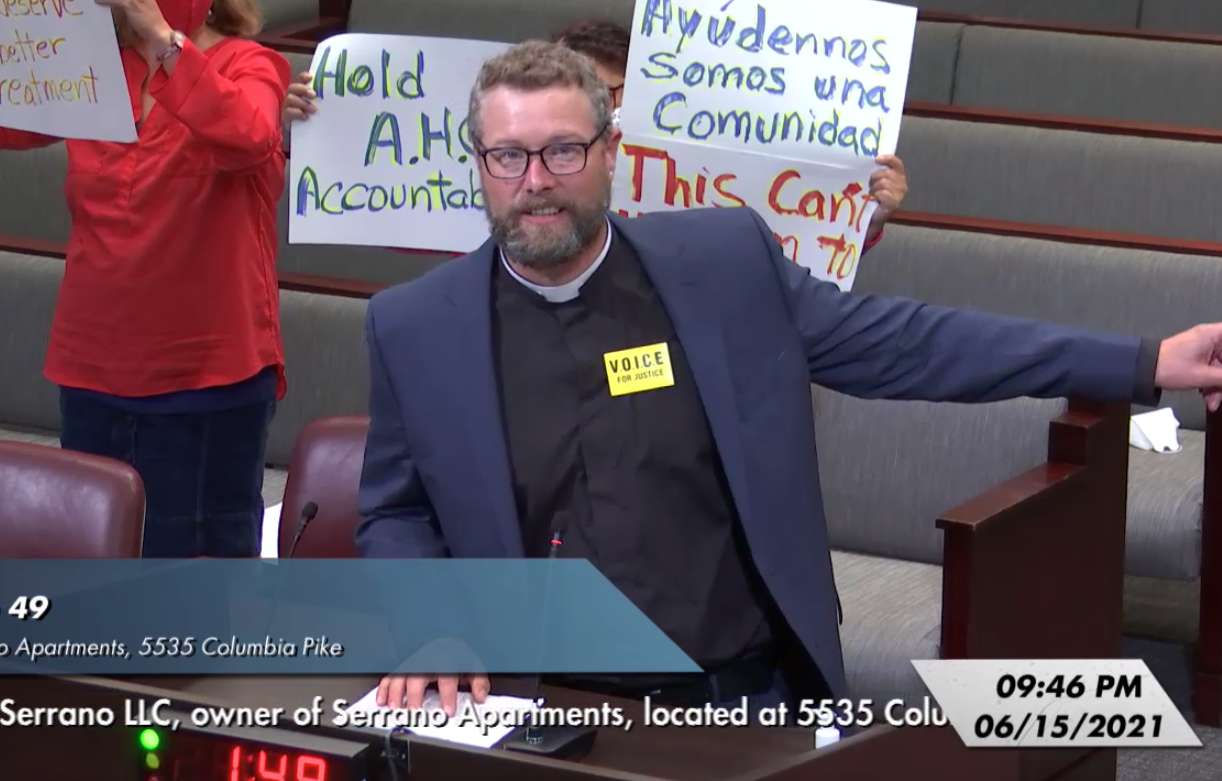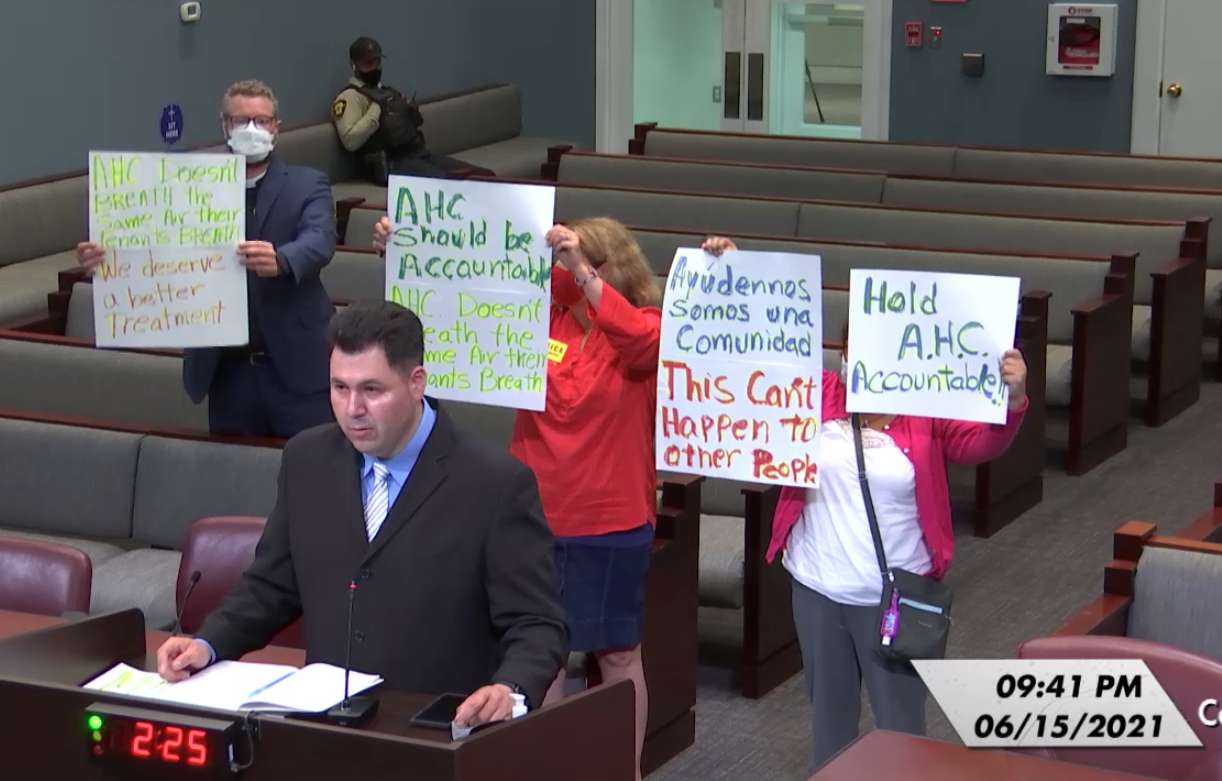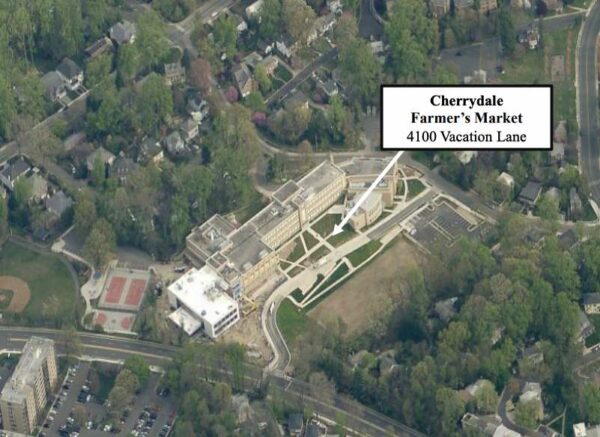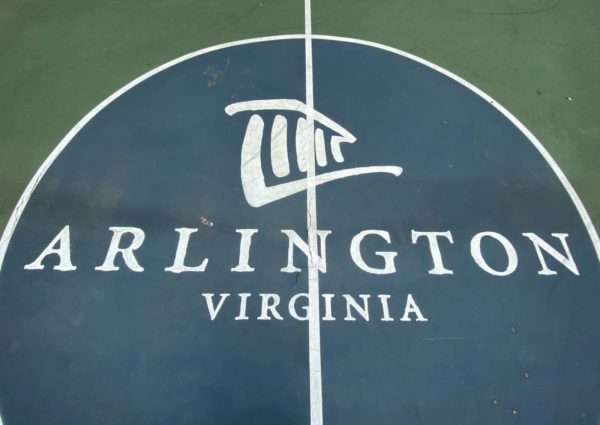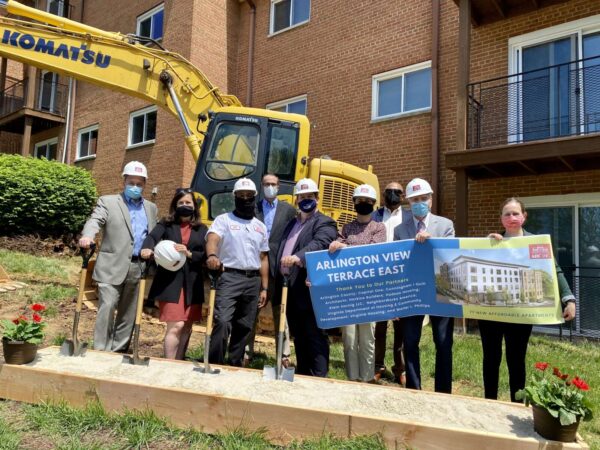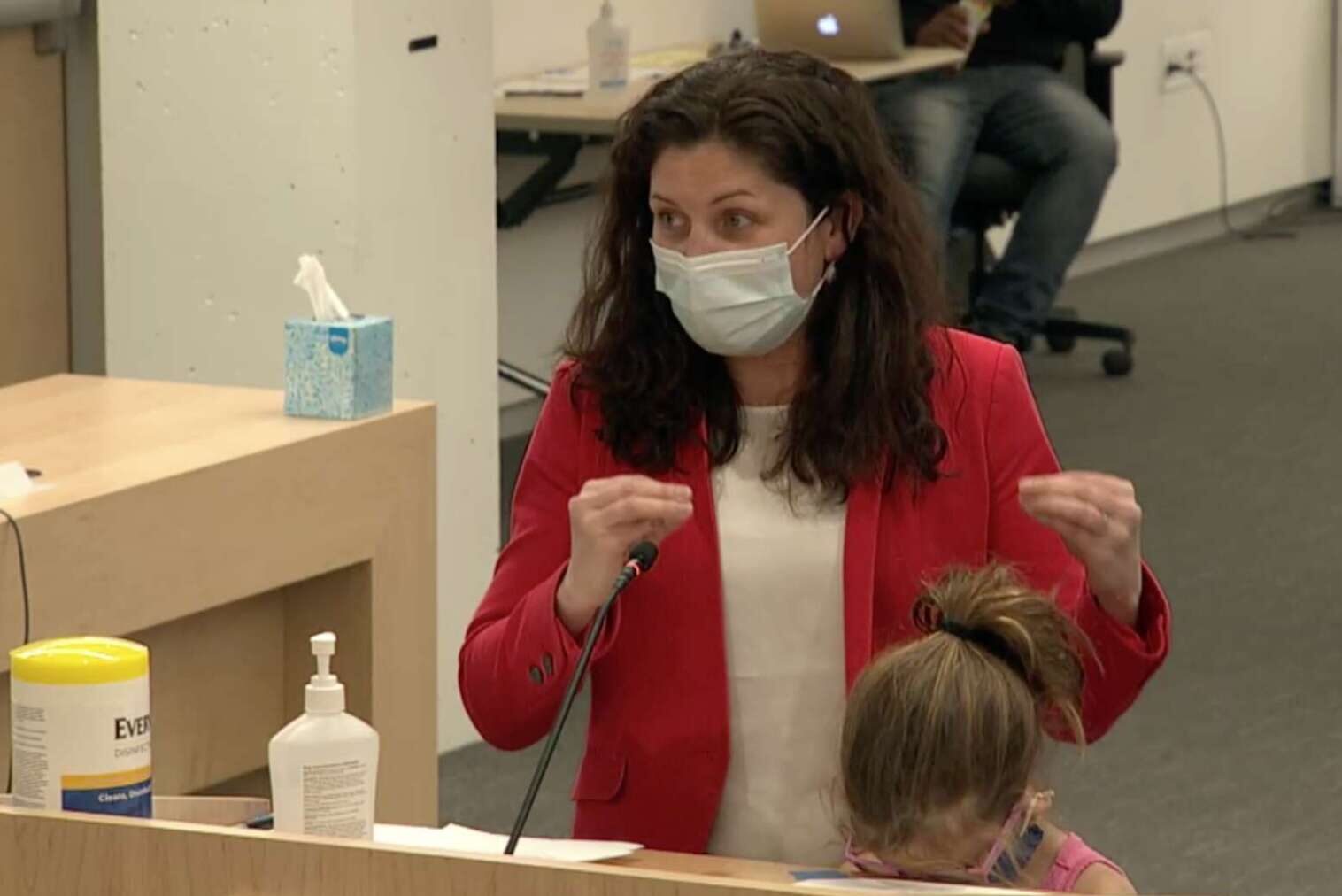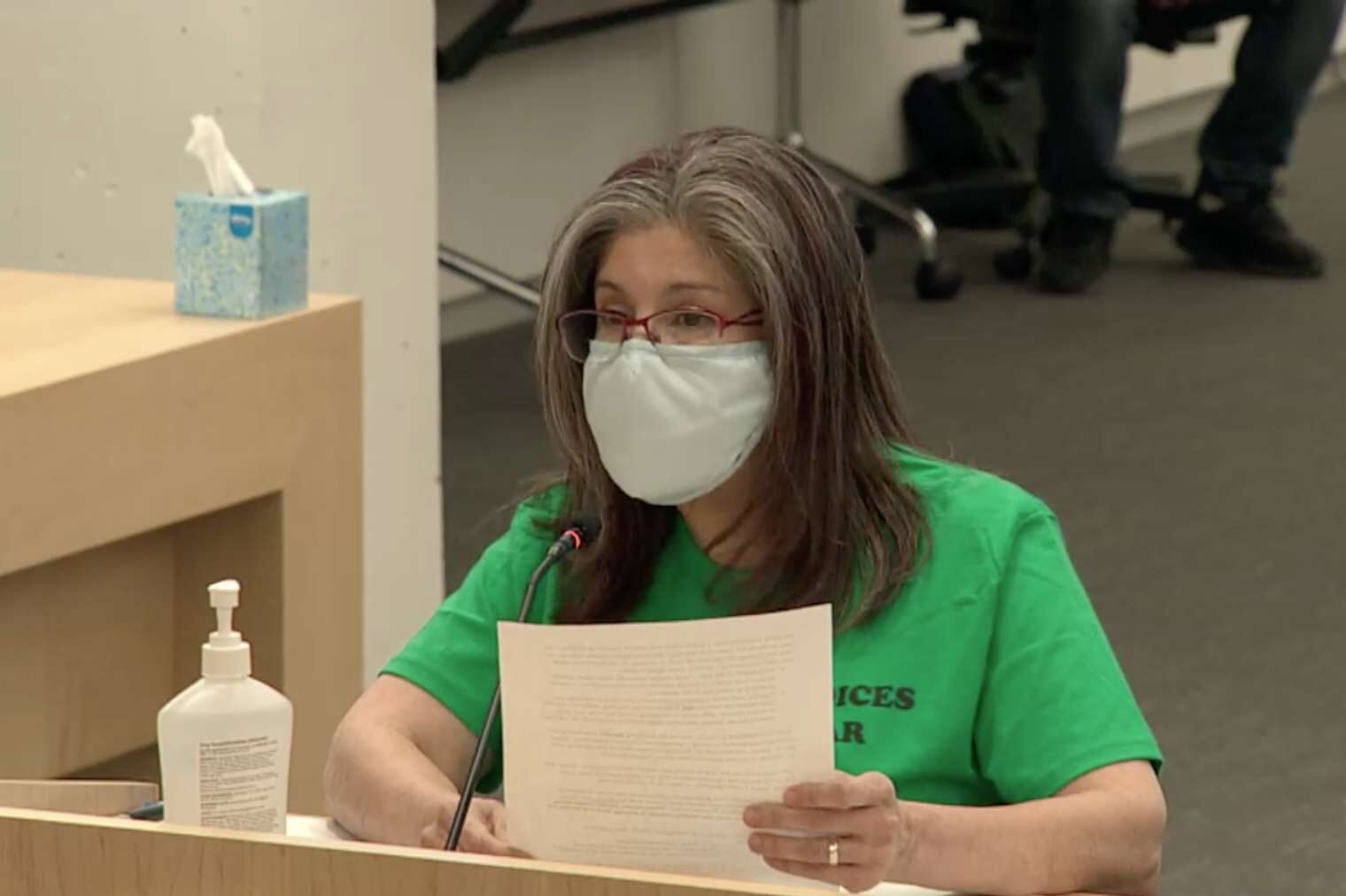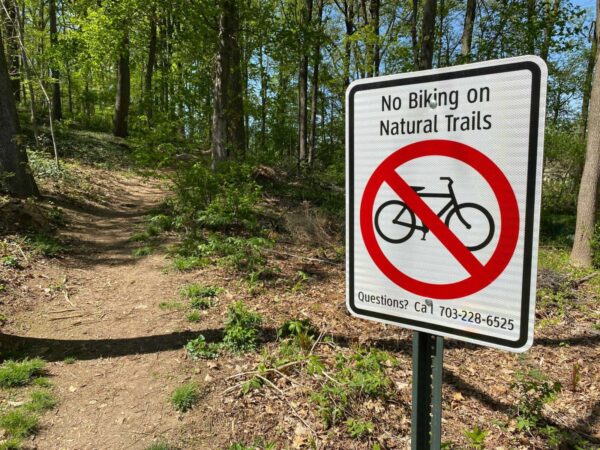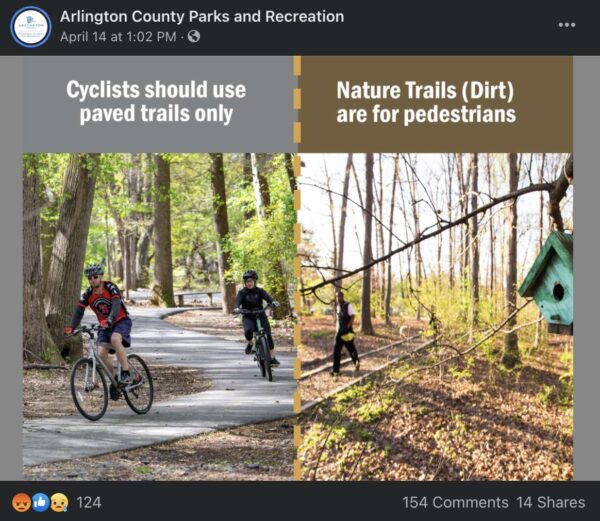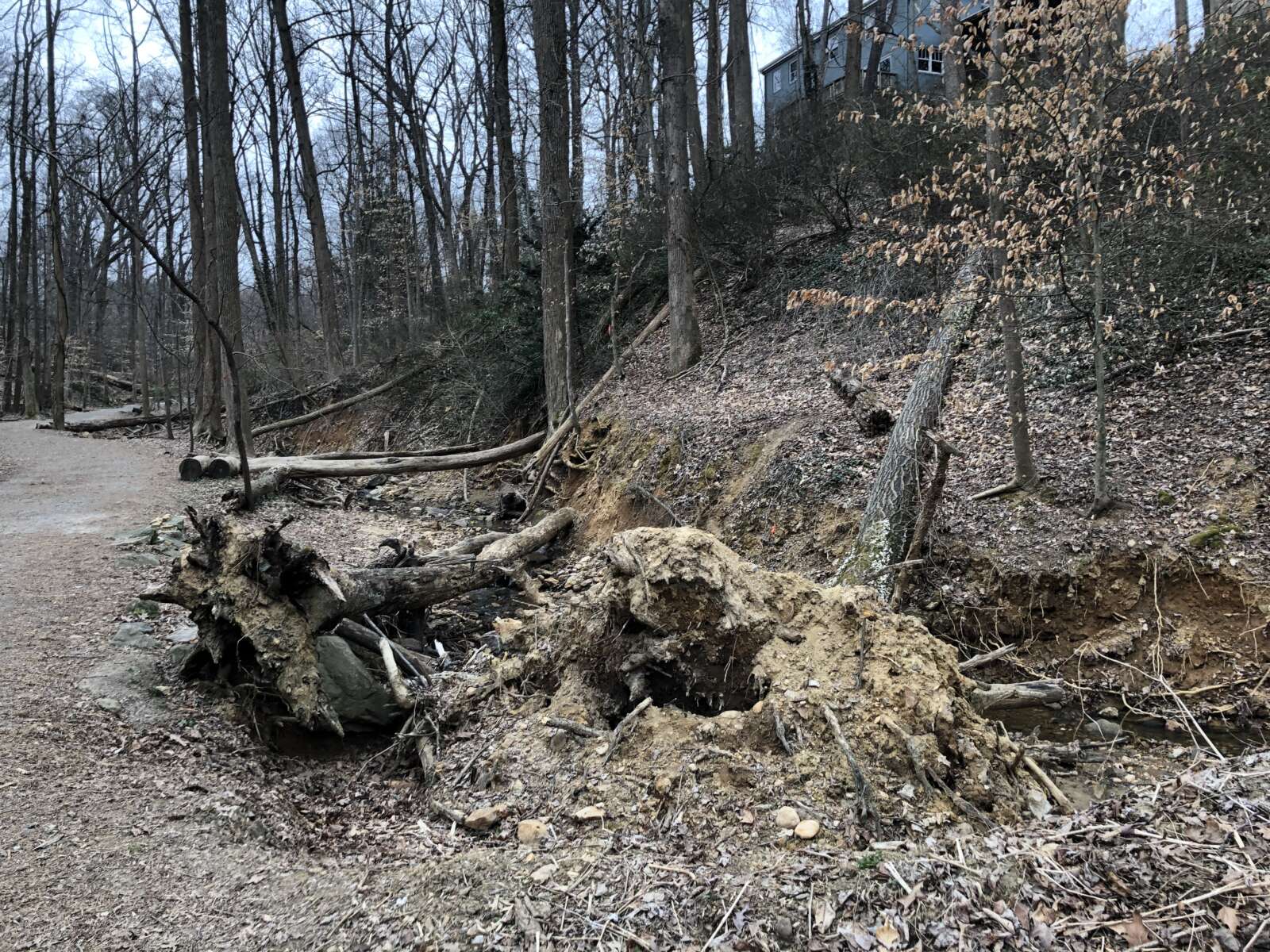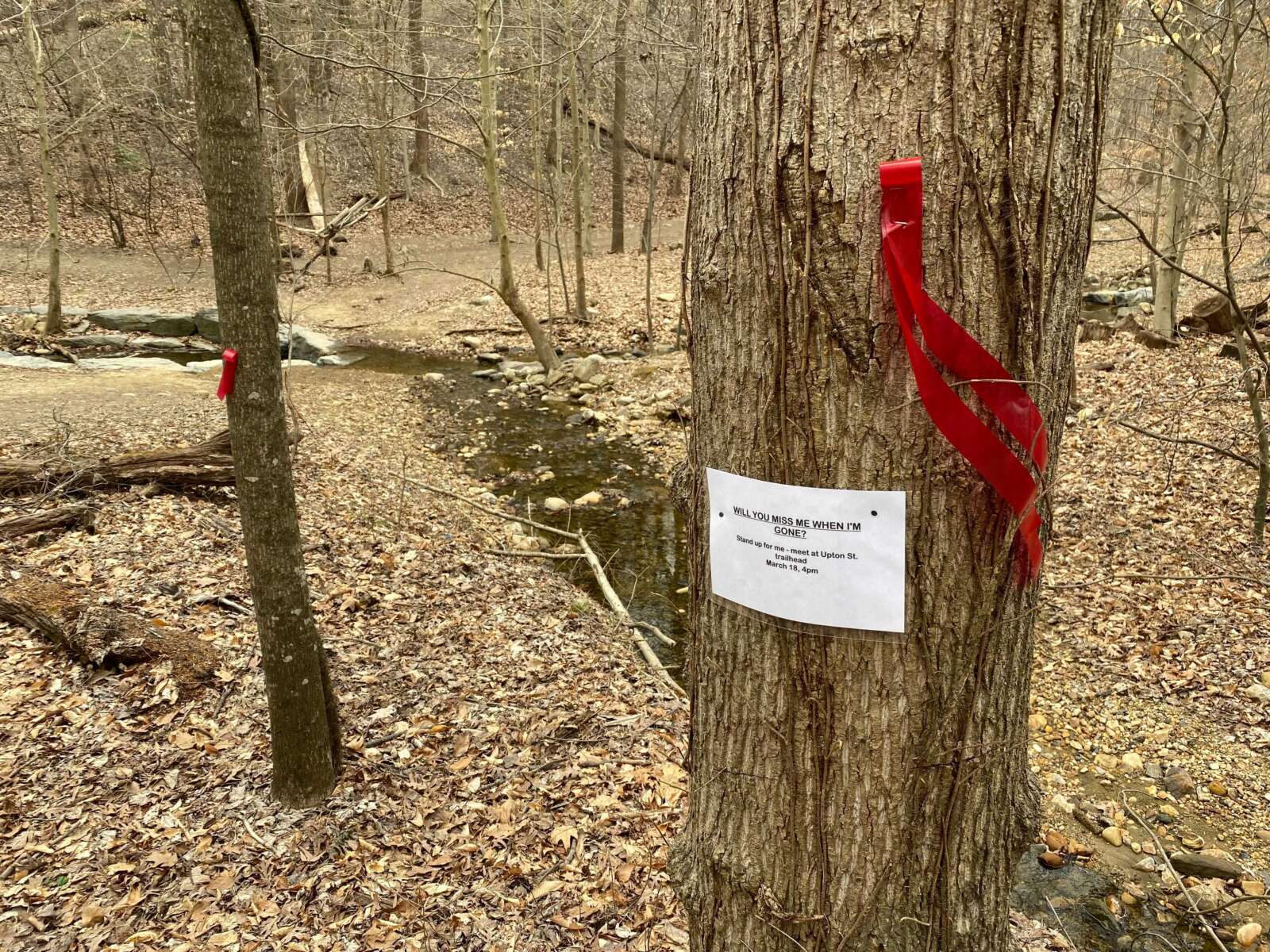
From Clarendon bars to crowded gyms, unmasked store clerks to house parties, Arlingtonians asked the county to investigate more than 1,000 reported cases of COVID-19 non-compliance.
The reports came in through a form that Arlington County launched last year to report lax social distancing and masking.
ARLnow obtained the full list of reported instances from a resident who acquired the list with a Freedom of Information request. After removing incomplete or abusive requests, about 1,175 remained. Of those, around 200 were filed in 2021, with the rest — just shy of 1,000 — filed in 2020.
The entries provide a snapshot into the kinds of activities that worried Arlingtonians the most during the height of the pandemic. People reported facilities operating without authorization, restaurants allegedly exceeding 50% capacity and large religious gatherings, as well as crowded non-essential businesses, parks and county facilities. A final category, “other,” included home gatherings and complaints about little masking enforcement in apartment buildings.
Referencing a rowdy house party, one reporter asked the tip line, “can we lock everyone under 30 in a closet until this is over?”
Of the nearly 1,200 submissions, about 370 referenced restaurants exceeding 50% capacity.
Far and away, the most frequently reported establishment was The Lot beer garden near Clarendon, which racked up at least 100 reports. Many of these came the Friday (May 29, 2020) that The Lot reopened along with other non-essential businesses permitted to reopen with additional precautions.

The opening day went viral when Democratic strategist Adam Parkhomenko posted a photo showing a large crowd outdoors, with none wearing masks. The bulk of the tips came that weekend.
“People packed in like sardines. Minimal masking. Shut it down,” wrote one.
Board member Katie Cristol retweeted the photo, suggesting The Lot was out of compliance and included a link to the hot line. She later apologized for the suggestion in a tweet. Outdoor settings were later found to be much safer than indoor settings in terms of virus spread, though not without risks.
Some complaints about Clarendon’s day-drinking and nightlife continued into the fall and winter. In October a tipster said the crowding happens “every night.”
“Surely someone should be policing this — for years you have had extra police in Clarendon for the bars, so why not assign someone here?” the tipster wrote. “The line at the farmers market is better policed by volunteers than this one.”
Behind restaurants were “other” violations (about 330) and reports of public outdoor facilities not following guidelines (nearly 300). Of these, the most common were reports of social gatherings and complaints about enforcement in apartment buildings and gyms.
One tipster said their management company took four months to post signs saying masks were recommended and was not doing any enforcement: “I would estimate fewer than 50% of residents wear face covering in halls and elevators.”
A gym-goer said the building’s fitness center was “full of people” and “no one was wearing a mask except me.”


